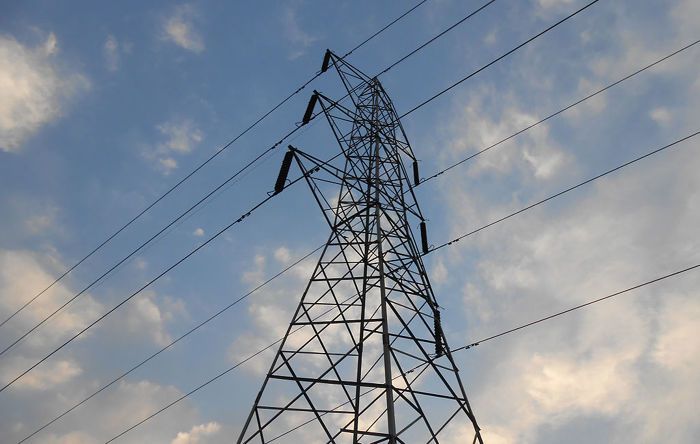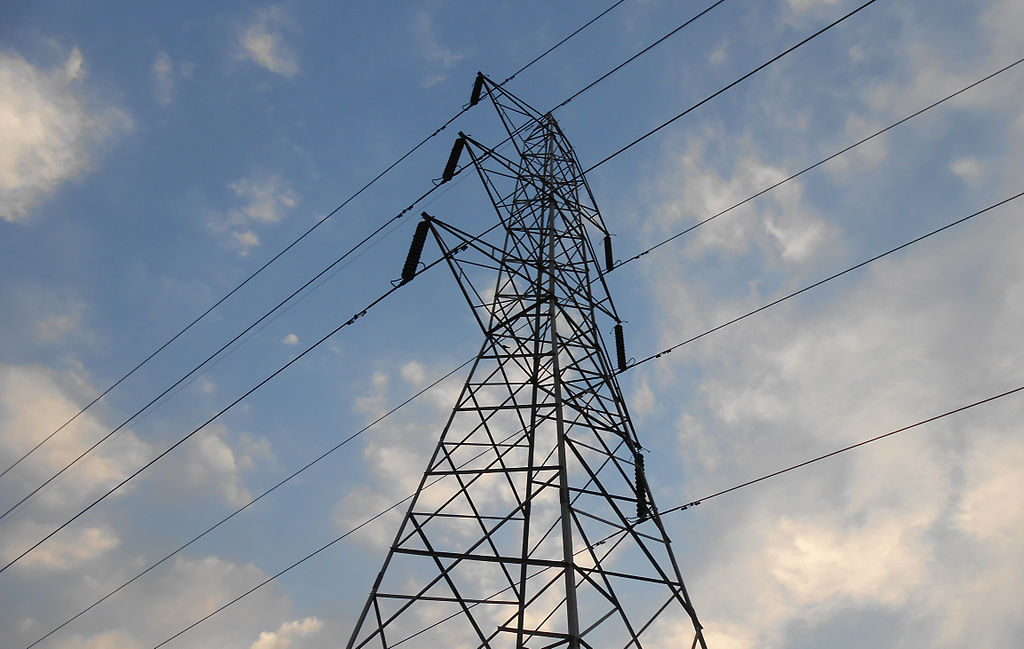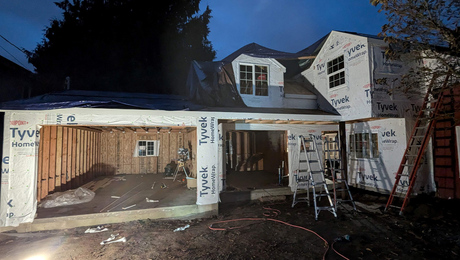
What benefits would a “smart grid” offer consumers? Research suggests the answer depends on how old you are.
New digital technology, including the deployment of wireless “smart meters,” has the potential to transform the way electricity is distributed and used. But younger and older consumers are apparently looking for different things, according to an analysis of consumer attitudes by the Smart Grid Consumer Collaborative.
Patty Durand, the group’s executive director, writes in a blog posted by the Environmental Defense Fund that older Americans believe that “saving money” and “reliability” are the biggest benefits of a smart grid. Younger people think that saving energy is more important.
Not much is known about seniors’ attitudes to smart grids and energy programs, Durand says, so the survey breaks new ground in the industry. Researchers made two groupings of older people–55 and older, and 65 and older–and then compared their answers to the general population.
Some puzzling data
Although older consumers think that saving money is a key benefit of a smart grid, Durand writes, “Ironically, seniors are less likely than their younger counterparts (18-54) to participate in or have an interest in smart-grid programs and technologies that have the potential to save them money.”
Still, among seniors who looked favorably on smart meters, the primary reason was lower costs. “More than half of the seniors surveyed said they would participate in ‘critical peak rebate programs,’ also known as demand response–an energy conservation tool that pays people to save energy when the electric grid is stressed,” Durand says.
Durand’s guest blog at the Environmental Defense Fund’s website offered a summary of findings, but the full text of the survey is behind a pay wall. According to Durand, the analysis also found that:
- One-fifth of the older people who were polled didn’t know how to identify trustworthy information about the smart grid, “suggesting an opportunity for utilities to position themselves in this role.”
- Seniors want to get their information from traditional channels: print, radio and television. “Utilities need to be cognizant of media preferences when engaging seniors,” Durand writes.
- Utilities need to do more to “engage and educate” the public about the benefits of a smart grid.
Fine Homebuilding Recommended Products
Fine Homebuilding receives a commission for items purchased through links on this site, including Amazon Associates and other affiliate advertising programs.

8067 All-Weather Flashing Tape

Reliable Crimp Connectors

Handy Heat Gun

Age apparently affects consumer expectations about a "smart grid" in which interactive digital technology reshapes how Americans get and use electricity.






















